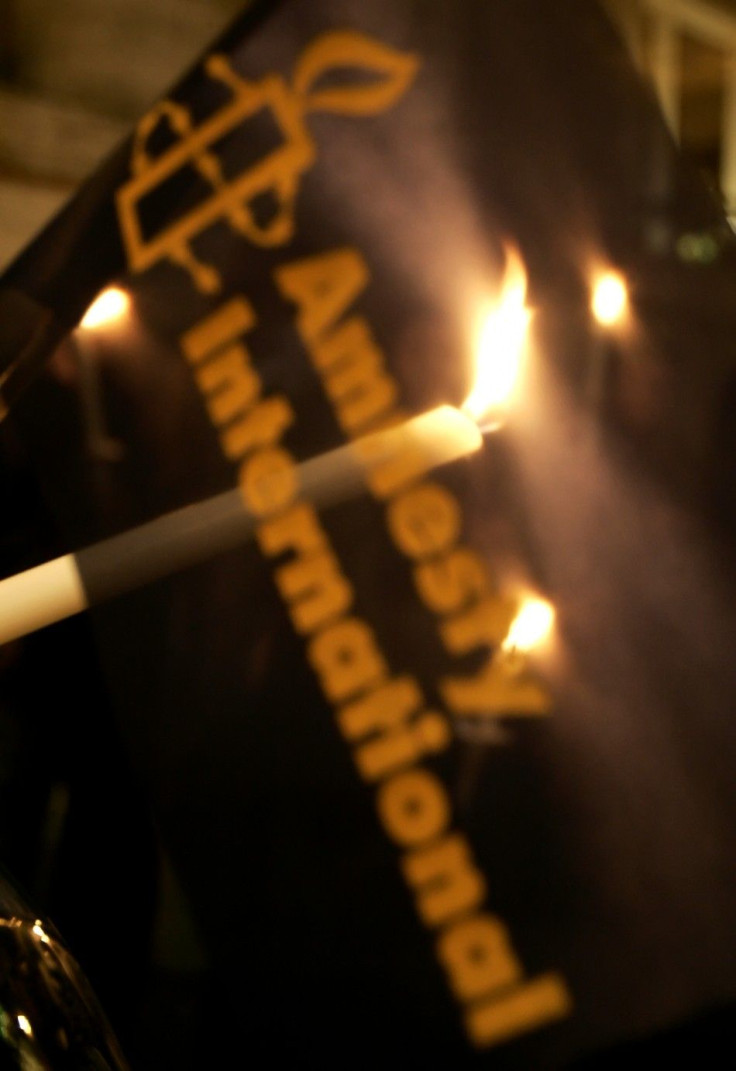Amnesty International: Executions Worldwide Decreased Last Year, But The Number On Death Row Is Rising

There were 607 recorded judicial executions in the world last year, and 72 percent of them took place in Iraq, Iran and Saudi Arabia, according to a new report from Amnesty International. China was not included, but the organization believes the country carries out more executions yearly than the rest of the world combined.
Those four countries and the United States are frequently the top five for executions. Last year saw a decrease in the total number of recorded executions, particularly in the U.S. and Iraq, but in the latter case the number may be different.
“In Iraq, due to the internal armed conflict that escalated in 2014, access to information on the use of the death penalty has been limited,” said Oluwatosin Popoola, a death penalty adviser at Amnesty International. “Although we were able to confirm 61 executions, more judicial executions may have been carried out.”
Although there were fewer executions carried out in 2014 than in 2013, the number of death sentences saw a severe increase. There were at least 2,466 sentences imposed last year, up 28 percent from the year before, according to the report. Such a jump could indicate a higher number of executions this year.
Egypt and Nigeria both had a significant increase in death sentences last year. Egyptian death sentences jumped from 109 to 509 in the year President Abdel Fattah el-Sisi was elected. Nigeria’s death sentences increased from 141 to 659. In both cases the increase was more than 10 times the world average increase.
“We are aware that this year executions have been carried out in Egypt,” said Popoola. “The executions included executions of people who had their death sentences imposed last year.”
“Some countries, particularly in the Middle East and North Africa, impose death sentences for crimes that don’t meet the international threshold of ‘most serious crimes,'” said Popoola. “There were an alarming number of countries that used the death penalty to respond to real or perceived threats to state security and public safety.”
Countries that have not abolished the death penalty are allowed to impose it only for "most serious crimes,” according to the United Nations International Covenant on Civil and Political Rights. The nature of these crimes is not explicitly stated; however, most countries have adopted the policy that the crime must have had intended, deadly consequences.
Crimes that don’t fall under that category include corruption, adultery, drug-related offenses, blasphemy, witchcraft and robbery. More than half of the countries included on the 2014 list carried out executions for one or more of those crimes.
© Copyright IBTimes 2025. All rights reserved.






















